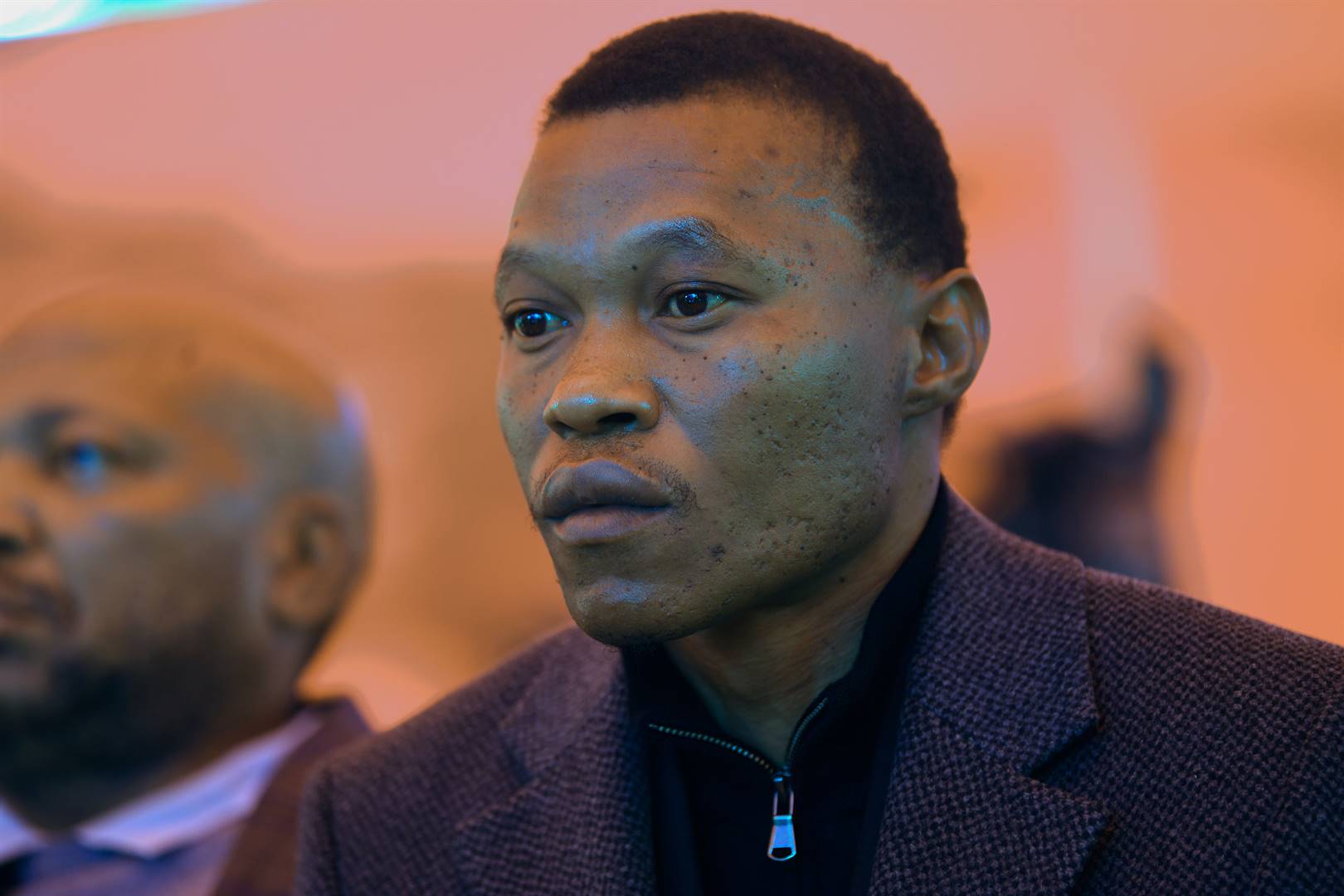
Johannesburg mayor Kabelo Gwamanda has stated that the city is staying in control of the water supply system, despite the water crisis affecting over three million people. He stated that all systems are currently recovering and supply has been restored to most of the previously affected areas. Johannesburg Water, however, stated that its systems were still critical on Sunday, March 17th.
The mayor clarified that no control has been lost on the city's water supply systems, as they are continuously monitored and warn residents when demand peaks drastically and threatens the reliability and capacity of the system. The recent heatwaves have resulted in a drastic water demand peak, and Johannesburg Water must warn residents to use less water to avoid excessive water depletion.
Water use patterns in Johannesburg and beyond are higher per capita than international standards in large cities like Johannesburg, making it important for many to be aware of the water scarcity in the country. Johannesburg is the only city in the world not built along a riverbank or ocean, such as Paris' Seine, London's Thames, New York's Hudson, etc.
The water crisis is attributed to faults and power outages at several pumping stations, and has affected several areas in the south of Joburg and others such as Bryanston and Kensington. Large parts of Soweto, the deep south of the city, and the west (the Hursthill and Commando systems) experienced low to no water at the weekend, impacting most of the city.
The mayor also mentioned that Johannesburg is not experiencing a water crisis, but rather a humanitarian crisis where the general population has "zero" access to water. He empathized with residents and expressed concern about the frustration and disruption caused by the absence of water from normal operations.
The outage was an isolated and infrequent occurrence, with 50% of the Johannesburg water supply area affected by a water disruption. However, the outages were repaired swiftly, and within a day to two days, many systems began supplying water to residents. Of the 60 out of 128 systems affected by the outage, 54 recovered quite steadily, and only six, mainly the Linden and Kensington B reservoirs and towers, experienced delays.
The city acknowledges that its infrastructure has several challenges, including aged infrastructure vulnerable to leaks and incessant disruption. The city is doing its best to maintain and replace old infrastructure where possible and rapidly, empathizing with residents in areas where these disruptions are regular and accepting that investment in infrastructure needs to catch up to the rate of development realized in some areas.
The city is talking to the national government and private sector to consider several financial instruments that may assist the city with resources to meet the infrastructure demands.


